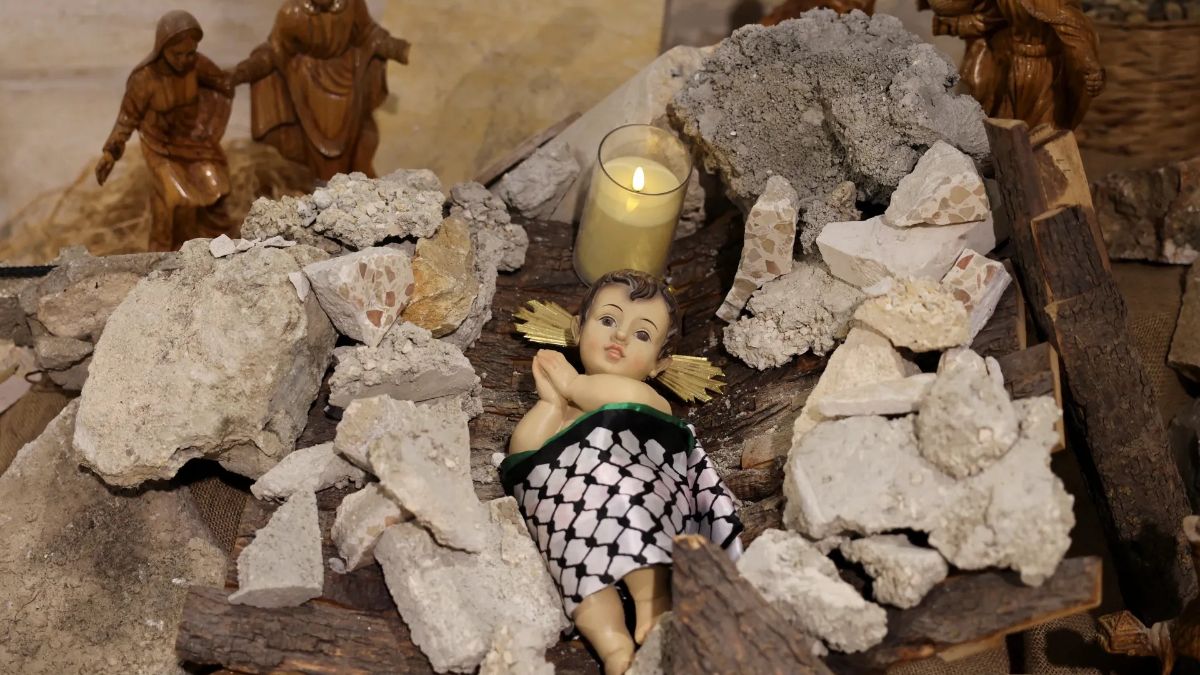Superhero Spandex
"The Pharisee, standing by himself, was praying thus, 'God, I thank you that I am not like other people: thieves, rogues, adulterers, or even like this tax collector."
Luke 18:9-14
October 21, 2016, Words By: Justin Mootz, Image By: unknown
Superhero movies are all the rage recently. I’m sure there are a variety of reasons why…such as an affinity for spandex.
A more likely reason might be the attraction of a clear-cut good guy/bad guy dichotomy. In our world of gray, there’s nothing more satisfying than the clarity of Captain America. When he’s around, we know who to cheer…he is the “good guy.”
“Good guys” are righteous…and not just in 80’s California slang. In biblical Hebrew, the word “righteous” (tsaddiq) means “straight”…like a properly shot arrow that doesn’t deviate to the right or the left. Straight shots hit the bullseye.
On the surface, this story looks like a classic good guy/bad guy dichotomy. Right off the bat, we’re introduced to a Pharisee. This group of leaders often gets a bad shake in the New Testament. Historians don’t know a lot about them, relatively speaking, but we are aware that in many ways they were role models for a covenant lifestyle. They were committed to God.
In our story today, we run across one such Pharisee. He pays his tithes and participates in the important spiritual activities of the community. He’s a “good guy.” And I’m not being sarcastic. It’s easy to dismiss him as prideful, but we miss the point if we do so. In every measurable way, he was the “good guy” in the story…and the people of his day would have recognized it. His activities were righteous and benefited the community.
His counterpart on the other hand, the tax collector, was not a “good guy.” In all likelihood he was a hired hand of the empire. He probably bought tax-collecting contracts from the Romans, and charged people extra for his own gain. It’s safe to bet his behavior most adversely affected the vulnerable in his community. He wasn’t a “good guy” by any exterior measure. We do ourselves a disservice if we try to romanticize him.
The traditional reading of this text is pretty straightforward. The Pharisee was prideful and didn’t recognize his brokenness; he was blind to the immensity of his need for God. The tax collector, on the contrary, cried out for mercy; his brokenness was painfully evident to himself and all around. His confession of brokenness and need paved the way for God to declare him “justified.” What’s more, this story fits snugly into the theme of chapter eighteen. In almost every story, our concept of good person/bad person is flipped on its head. Somehow, in God’s economy, the openly broken are drawn near to God.
But if we stop at this traditional reading, we risk falling into the same trap as the Pharisee. We walk away from the story with an upside-down version of good guy/bad guy. And it’s exactly the act of creating and imposing moral categories-good guy/bad guy-that led to the problem in the first place.
Notice the posture of the Pharisee in the story. His failure to openly embrace his brokenness not only leads to a diving distancing, but puts him in rivalry with the tax collector (his neighbor) as well; the bulk of his prayer is spent judging his neighbor on moral grounds. His categories of good guy/bad guy place him in a “holy” competition with everyone around him, and become an obstacle to human and divine relationships.
The tax collector’s posture, on the other hand, is open. He never points the finger at his neighbor. The act of owning his brokenness strips rivalry of its power. There is no good guy/bad guy in his scenario; there is just a holy honesty that occurs at the foot of the cross. There is no competition. There is nothing to lose by being openly honest. The result is clear: the door to real relationships, both vertical and horizontal, opens wide. He is free to love and be loved. He is liberated from the slavery of good guy/bad guy categories.
“I tell you, this man went down to his home justified…” N.T. Wright calls these the most “comforting words in the Gospel.” May God grant all of us the mercy to lay bare our brokenness, to find comfort in a creator who can deal with it, and enjoy the liberation of the real relationships that follow.
Justin Mootz
Interim Director of Communications
Street Psalms



